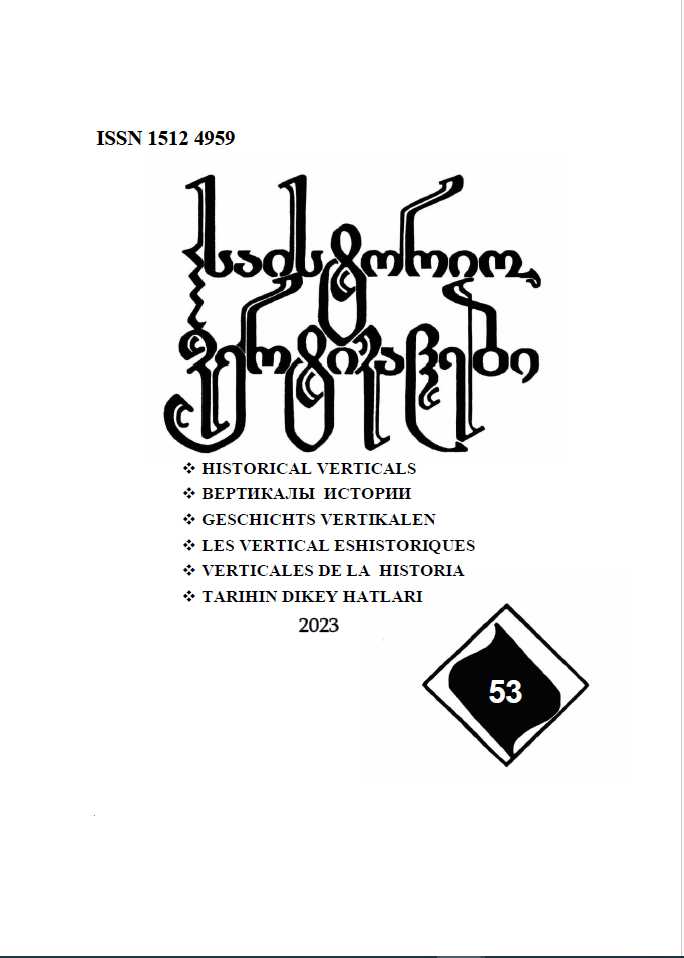THE INTERNATIONAL COMMUNITY'S POLICY ON TERRITORIAL SOVEREIGNTY ISSUES ON THE EXAMPLE OF KOSOVO
Main Article Content
Abstract
Territorial sovereignty is a cornerstone of the modern international legal order, as defined by Article 2(1) of the United Nations Charter. States, by virtue of a number of international agreements, have taken responsibility not to violate the borders of a sovereign country, unless there is an exceptional case. According to researchers-theoreticians, one such exception is defensive secession, which has no binding force in international law, moreover, the question is whether the right to self-determination is interpreted so broadly that it includes the content of unilateral secession. On the issue of external self-determination, the first association in the field of international relations is established in Kosovo, which has been growing modern world political interests for decades. "The precedent of Kosovo ... has become a kind of unique model in this or that territory ... to justify the "legitimate" existence of proxy regimes". With the support of the West, the status was decided in favor of Kosovo, even though Kosovo is still not a member state of the United Nations. This indicates the inferiority of Kosovo's independence, the instability of the legal framework. The article presents the need to introduce a specific procedure, according to which the discussion of secessionist conflicts will be assigned to a specific body, which would assess the resources of a nation seeking independence and objectively resolve the issue in favor of their identity or by offering internal self-determination.
